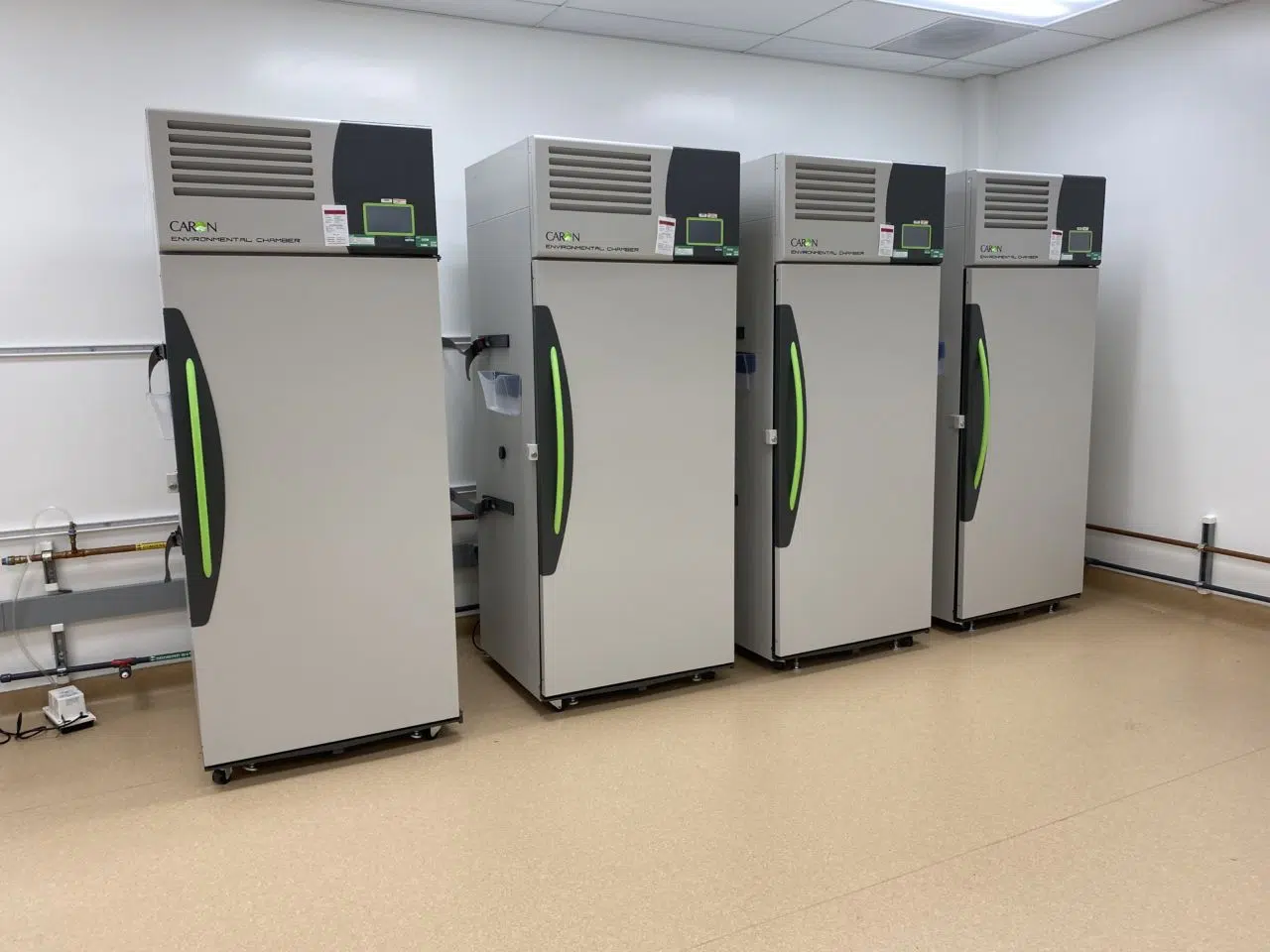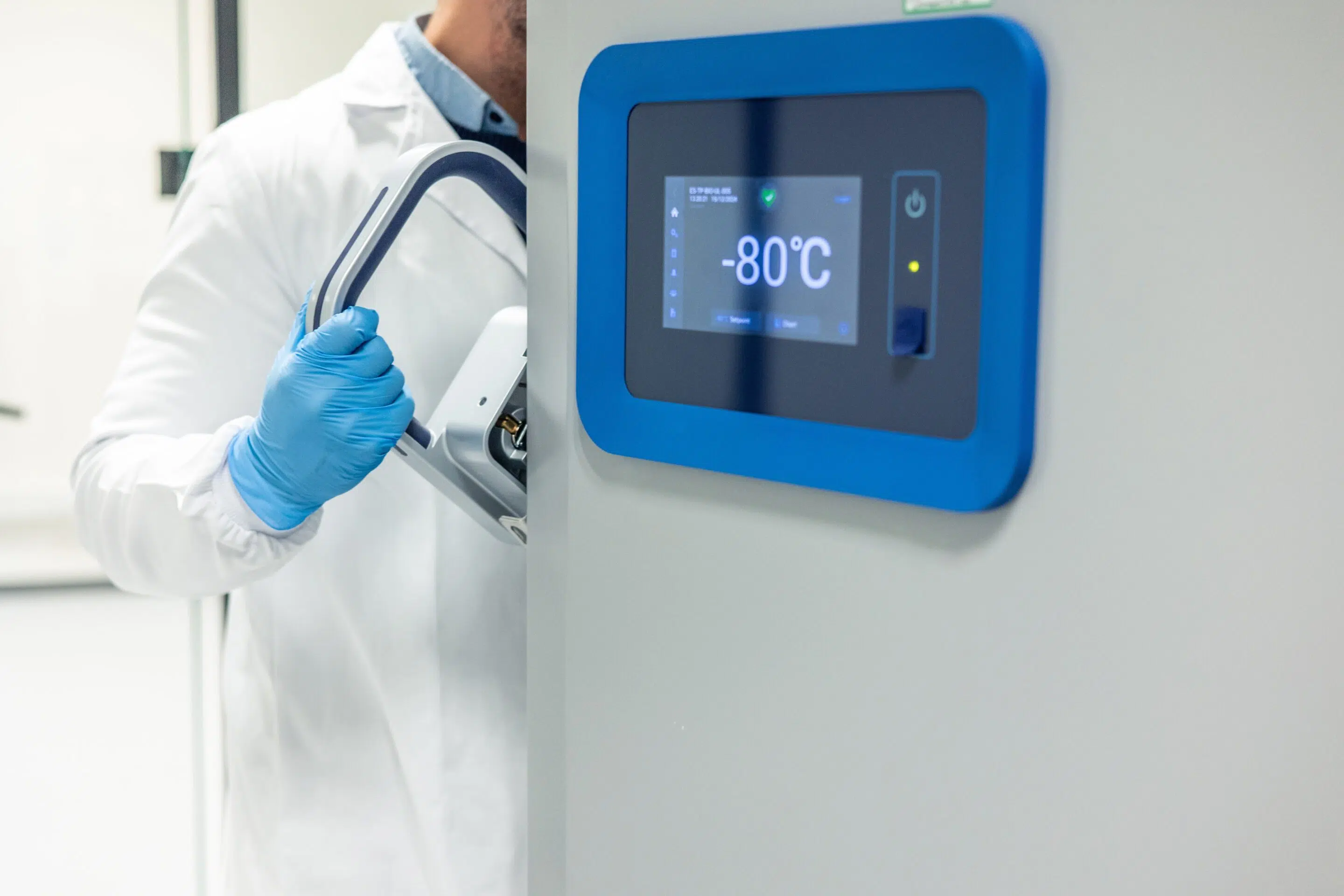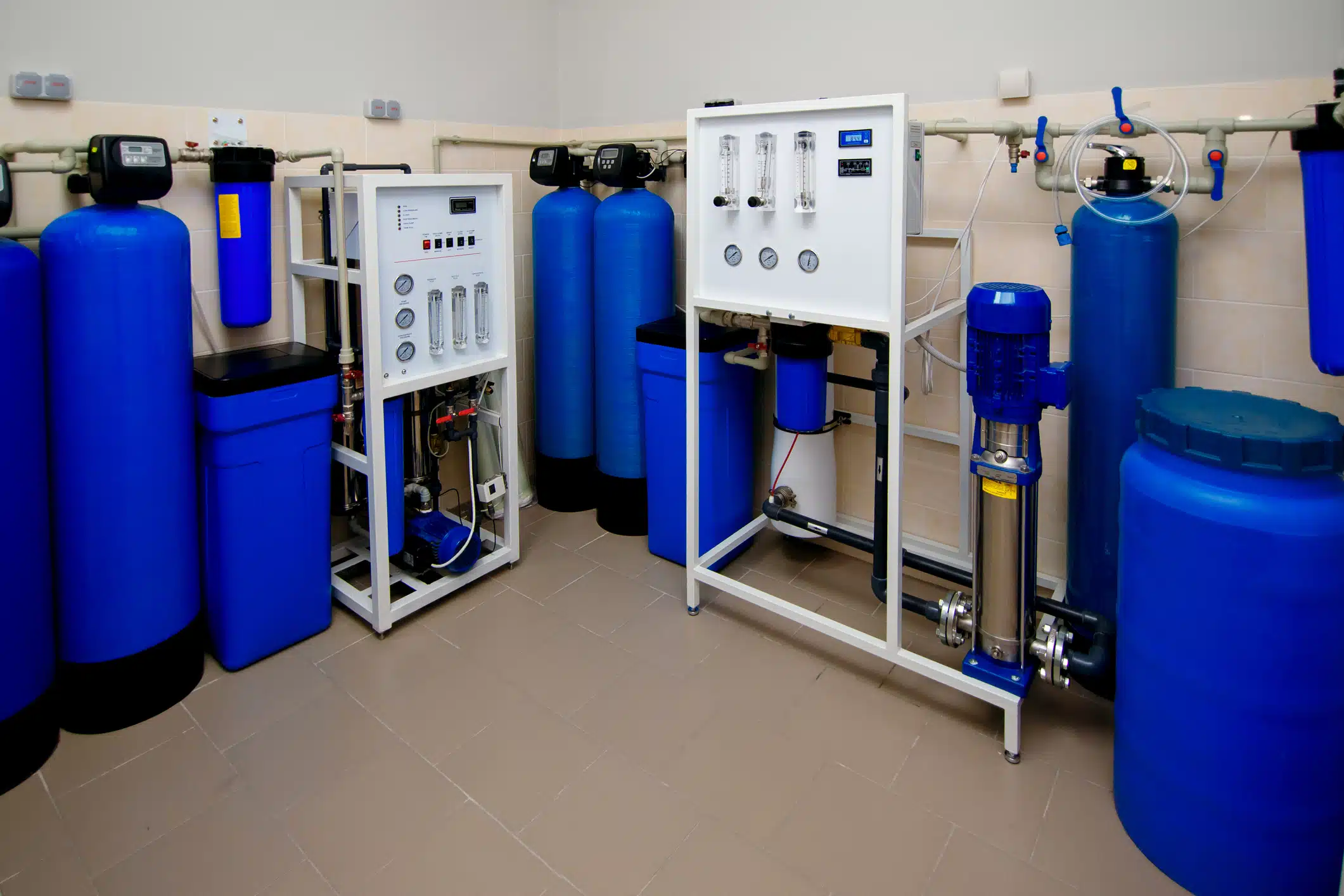Centrifuges are more than another piece of lab equipment; they are essential tools for clinical and scientific research. However, like any other piece of lab equipment, centrifuges can experience a variety of issues that can disrupt, or completely stop, their functionality. To prevent costly downtime, and to ensure research remains uninterrupted, it is vital to master centrifuge troubleshooting.
Below are 5 common centrifuge problems, along with their causes and steps to troubleshoot:
My Centrifuge’s Door Won’t Close
Possible Causes:
- Obstructions such as debris or samples are blocking closure
- Misaligned or damaged door latch
- Worn or deformed sealing gasket
Troubleshooting:
- Inspect for Obstructions: Ensure the centrifuge chamber is free from debris or misplaced samples that could impede door closure.
- Examine the Latch Mechanism: Check for misalignment or damage in the latch. If identified, contact your service provider for immediate adjustment and repair services.
- Assess Gasket Conditions: Inspect the sealing gaskets for wear or deformation. If identified, contact your service provider to replace the gasket and ensure a proper seal.
Disclaimer:When inspecting the centrifuge chamber, always exercise caution. Broken tubes or glass shards may be present, posing risk of injury. Always ensure you are wearing the proper PPE for the job.
My Centrifuge Won’t Turn On
Possible Causes:
- Disconnected or faulty power supply
- Tripped circuit breaker or blown fuse
- Internal electrical faults
Troubleshooting:
- Verify Power Connection: Double check that the power cord is securely connected to both the centrifuge and the power outlet. If available, try a different power cord to ensure that the issue is not internal.
- Check Power Source: Confirm that the outlet is functional by testing it with another device.
- Inspect Circuit Breaker and Fuses: Reset any tripped breakers and contact your if necessary.
My Centrifuge is Excessively Vibrating
Possible Causes:
- Unbalanced load due to uneven sample distribution.
- Misaligned or damaged rotor
- Worn-out bearings
Troubleshooting:
- Balance the Load: Ensure samples are evenly distributed and that tubes or containers are of equal weight.
- Inspect Rotor Alignment: Verify that the rotor is correctly seated and aligned. If not, contact your service provider for immediate calibration and alignment.
- Examine for Wear and Tear: Check the rotor and centrifuge components for signs of wear or damage. If worn out, contact your service provider to replace bearings as necessary.
My Centrifuge is Making Abnormal Noises
Possible Causes:
- Foreign objects within the centrifuge chamber
- Loose or damaged components
- Insufficient lubrication of moving parts
Troubleshooting:
- Inspect for Foreign Objects:Make sure the chamber is free from any debris or foreign materials.
- Identify Loose Parts: Check for loose parts, if located, contact your service provider to tighten them and ensure calibration.
- Lubricate as Needed: Refer to the manufacturer’s maintenance guidelines to lubricate moving parts appropriately.
Disclaimer:When inspecting the centrifuge chamber, always exercise caution. Broken tubes or glass shards may be present, posing risk of injury. Always ensure you are wearing the proper PPE for the job.
My Centrifuge is Leaking
Possible Causes:
- Damaged or improperly sealed centrifuge tubes
- Worn gaskets or seals
- Cracks in the rotor chamber
Troubleshooting:
- Inspect Centrifuge Tubes: Ensure tubes are intact and sealed correctly.
- Check Gaskets and Seals: Determine if there are any worn or damaged gaskets – if identified contact your service provider to replace them immediately.
- Assess Rotor Chamber: If cracks are visible, consult your service provider for repair or replacement.
Centrifuge Repair, Calibration, & Maintenance Solutions from MarathonLS
Labs rely on centrifuges for critical research and diagnostics, making rapid and effective troubleshooting essential. MarathonLS provides industry-leading centrifuge repair services with an exceptional first-time fix rate and the fastest response times in the industry. Expert technicians diagnose and resolve issues efficiently, minimizing downtime and ensuring lab operations continue without disruption. With MarathonLS as a trusted service partner, laboratories can be confident that their centrifuges will perform reliably, allowing researchers to focus on groundbreaking discoveries rather than equipment failures.




